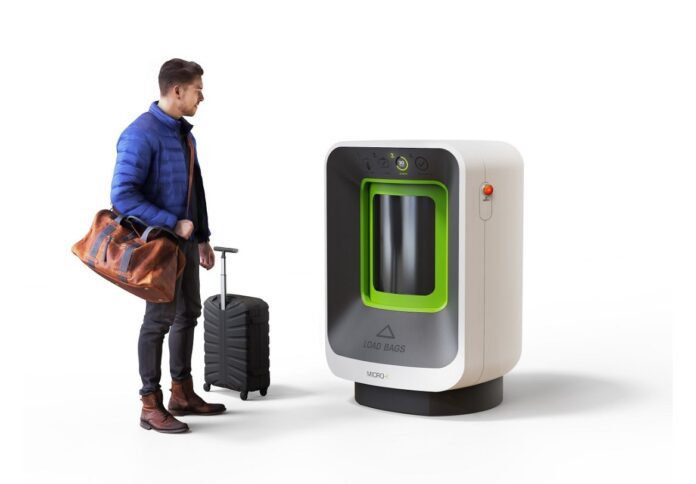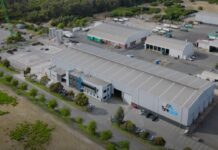
Australian imaging tech company Micro-X has signed a USD 440,000 contract extension with the US Department of Homeland Security’s (DHS) Science and Technology Directorate for the Miniature Baggage Scanner.
In a statement issued by the company Monday, Micro-X said DHS also exercised an existing option to develop a detailed prototype for the passenger self-screening checkpoint design.
The contract extension requires the delivery of a second functioning prototype in early 2023, while the DHS is conducting the testing of the first prototype.
The requirement for an additional prototype follows the most recent of the regular project meetings between MicroX management and key technical and operational representatives of the DHS.
Two prototypes are expected to allow for faster and more thorough testing of the unique and disruptive Micro-X design, the company said.
The second phase of the contract was conditional on Micro-X developing a realistic and achievable design concept and demonstrating sufficient advancement and capability of the key enabling technologies, being the miniaturised baggage scanner and real-time mm-wave scanner.
DHS approved Micro-X’s initial concept in June 2022. In July 2022, the two parties formally executed the optional second phase of the passenger self-screening checkpoint contract.
The original USD 2.5 million contract was divided into an initial funded one-year concept design phase valued at USD 1.31 million and a second optional unfunded phase of US$1.18 million for an additional 8 months.
“The close working relationship we have built with the DHS is testament to our technological advances and focus on the passenger and the operators’ checkpoint screening,” said Brian Gonzales, chief executive officer and general manager of the Checkpoints Business Unit.
“We are very pleased with DHS adding a second prototype and exercising the option to design a prototype self-screening module. This is a strong indication of the success of the projects to date, and it is our goal to continue building on this success toward our vision of building a passenger focussed checkpoint, based on our unique x-ray technology.”



















